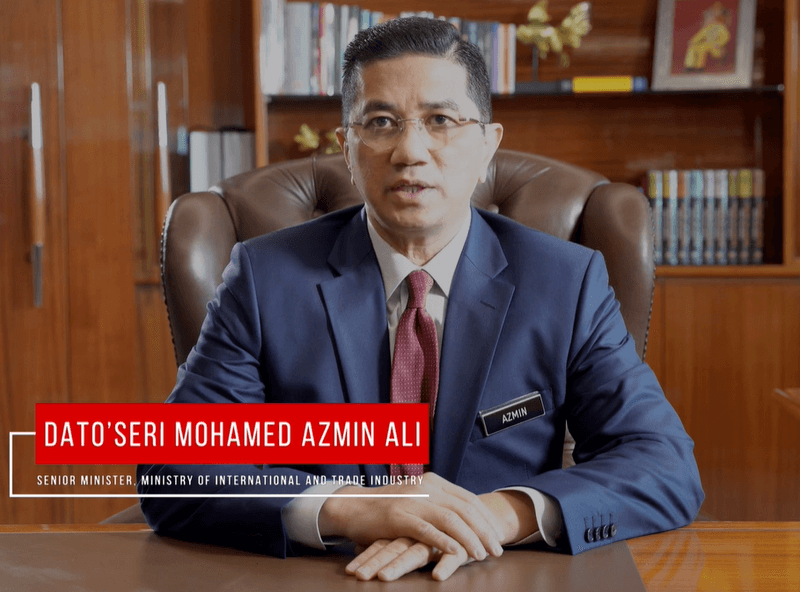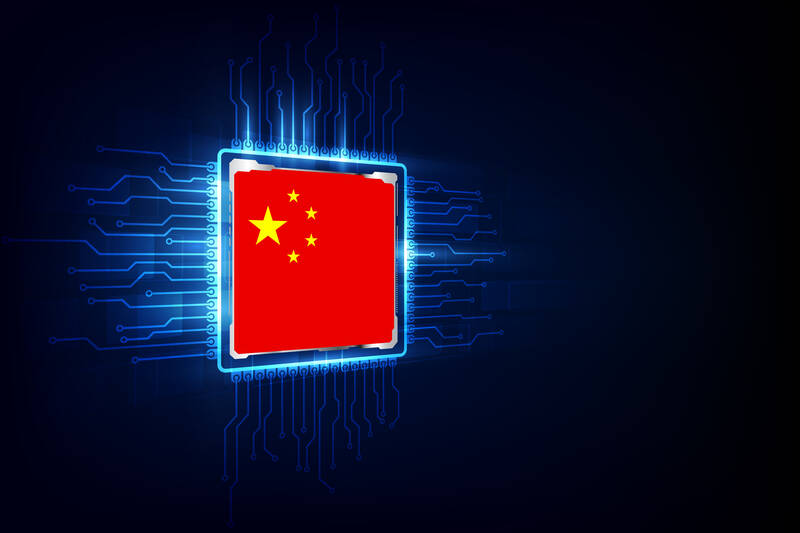AI, Digitalisation Main Drivers of APEC Economy
Recent APEC Business Advisory Council (ABAC) IV 2020 Meeting Highlights the Power of Artificial Intelligence (AI)

Much has been said about the power of digitalisation, more so in an era where life has been severely disrupted by the COVID-19 pandemic.
The digital world has offered an alternate universe to get things moving and has even given many a new lease to life. Those who were quick to digitalise their businesses and efforts enjoyed returns as they did pre-COVID-19, if not more.
In fact, the need to digitalise was spoken about in the many Asia Pacific Economic Cooperation (APEC) meetings and forums throughout the year.
At the recent APEC Business Advisory Council (ABAC) IV 2020 meeting, three main pillars - economic integration, innovation and inclusion - were highlighted as means to support economic recovery.
Many economies in the region have a strong footing in the e-commerce sector as the Internet penetration rate among APEC economies continues to rise rapidly.
Over 50% of Malaysians use e-commerce platforms. Indonesia, with a population of 267 million, is the world’s fourth-largest market for smartphones and has a mobile phone user base of 142 million.
The pandemic has opened eyes as more people now acknowledge the importance of digital connectivity.
Many are also appreciating the potential for digital economic growth in their economies. The growth is immense and is applicable to all sectors - from education, health, food, security to renewable energy.
ABAC also believes in the power of artificial intelligence (AI). AI-based technologies are already being implemented in many APEC economies in a bid to spur economic growth, address societal challenges and solve critical business issues.
Such technology is used in various industries and even by government agencies. More economies are investing in AI technology at borders to better identify those who enter and exit their country. More brands are now using AI-related applications to speed up customer onboarding while financial institutions are also exploring the idea of having cardless transactions and replacing them through facial recognition.
ABAC 2020 chair Datuk Rohana Mahmood noted how APEC economies have addressed the accelerated rise of the digital economy and leveraged on new technologies like AI. She said such matters were among the most pressing issues today.
The over-reliance on technology also comes with concerns. Breach of security and hacking are cited as among the main fears of those who choose to opt out of digitalisation.
ABAC is fully aware of such concerns. In a move to include AI as part of the broader APEC economic agenda, ABAC recommends economies to build trust in AI.
Supportive policy frameworks for AI must be introduced and there is also a need to improve regulatory coherence and international cooperation. Economies should also prepare jobs and skills for the transformation of AI and create opportunities as the world economy slowly recovers from the effects of COVID-19.
ABAC also insists that no economy should be left behind, adding the way forward to overcome challenges is to ensure multilateralism and international cooperation.
However, such cooperation can only materialise if bold decisions are made. Leaders of the various economies must play their part to expedite the region's economic recovery.
The recovery remains uncertain. There is no guarantee of a positive outlook in the first half of 2021. Even the delivery of the vaccine to the various economies by 2021 remains a question mark.
As such, digitalisation and AI will continue to play a key role in activating businesses as APEC sees it as the main driver to push the region’s economy.
It is the micro, small and medium enterprises (MSMEs) that will be able to adapt quickly and utilise such technology in moving forward.
Malaysia, for example, is aware of the potential of MSMEs and has introduced stimulus packages for this business group. The government also provides a "re-skilling and up-skilling" programme. The government is also facilitating MSMEs to carry out their businesses on e-commerce platforms to reach a wider and bigger audience across borders.
It must be noted that 97% of economies in APEC are MSMEs.
ABAC had also urged APEC economies to adopt a Post-2020 Vision to ensure free and open trade and lure investment.
Digitalisation and AI will allow more individuals, including women and those in rural areas, to connect with a wider network. This will ensure no group will be left behind as virtual global connection is at our fingertips.
Created in 1995, ABAC is the primary voice of businesses in APEC. Each economy has three members who are appointed by their respective leaders.
The members meet four times a year to prepare for the presentation of their recommendations to their respective leaders.
Malaysia is the host of APEC 2020 for the second time – the first was in 1998. This is the first time APEC is being held virtually.
The Ministry of International Trade and Industry (MITI) is the national secretariat










